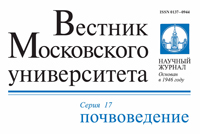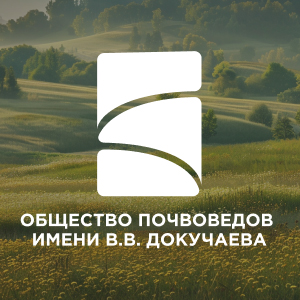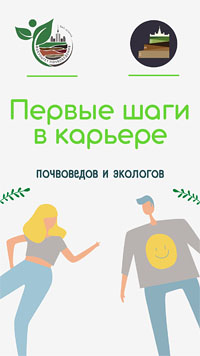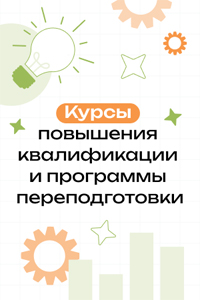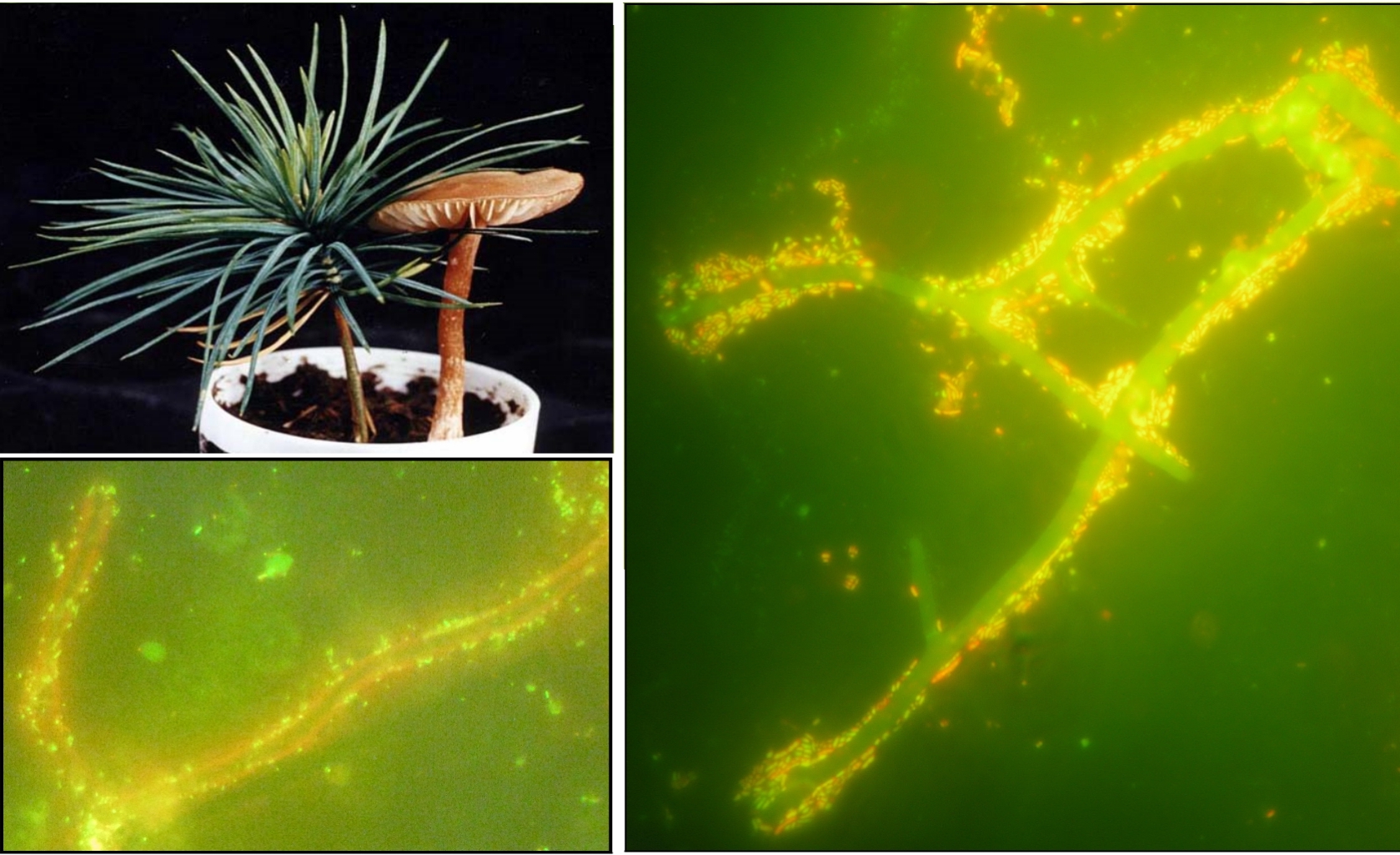 MISSION: study and management of microbial communities to ensure the favorable functioning of soils, ecosystems and biosphere.
MISSION: study and management of microbial communities to ensure the favorable functioning of soils, ecosystems and biosphere.
Selected BSc courses for soil scientists (in Russian):
- The structure, development and taxonomy of bacteria
- Biochemistry of soil microorganisms
- The structure, development and taxonomy of fungi
- The structure, development and taxonomy of yeasts
- Physiology of microorganisms
- Molecular biological methods in soil science
- Dynamics of microbial populations
Selected BSc courses for ecologists (in Russian):
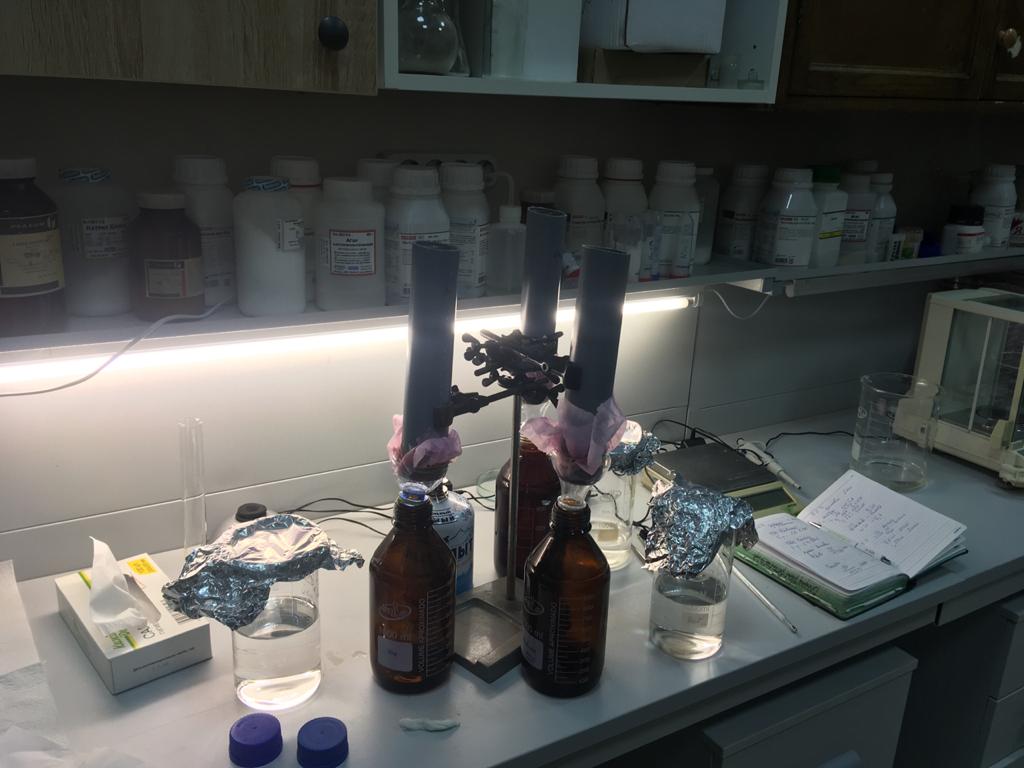
- Ecology of bacteria
- Environmental biochemistry
- Ecology of fungi
- Ecology of yeasts
- Ecophysiology of soil organisms
- Molecular biological methods in ecology
- Biological environmental control
- Environmental microbiology
Selected MSc courses for soil scientists (in Russian):
- Genetics of microorganisms
- Fundamentals of Virology
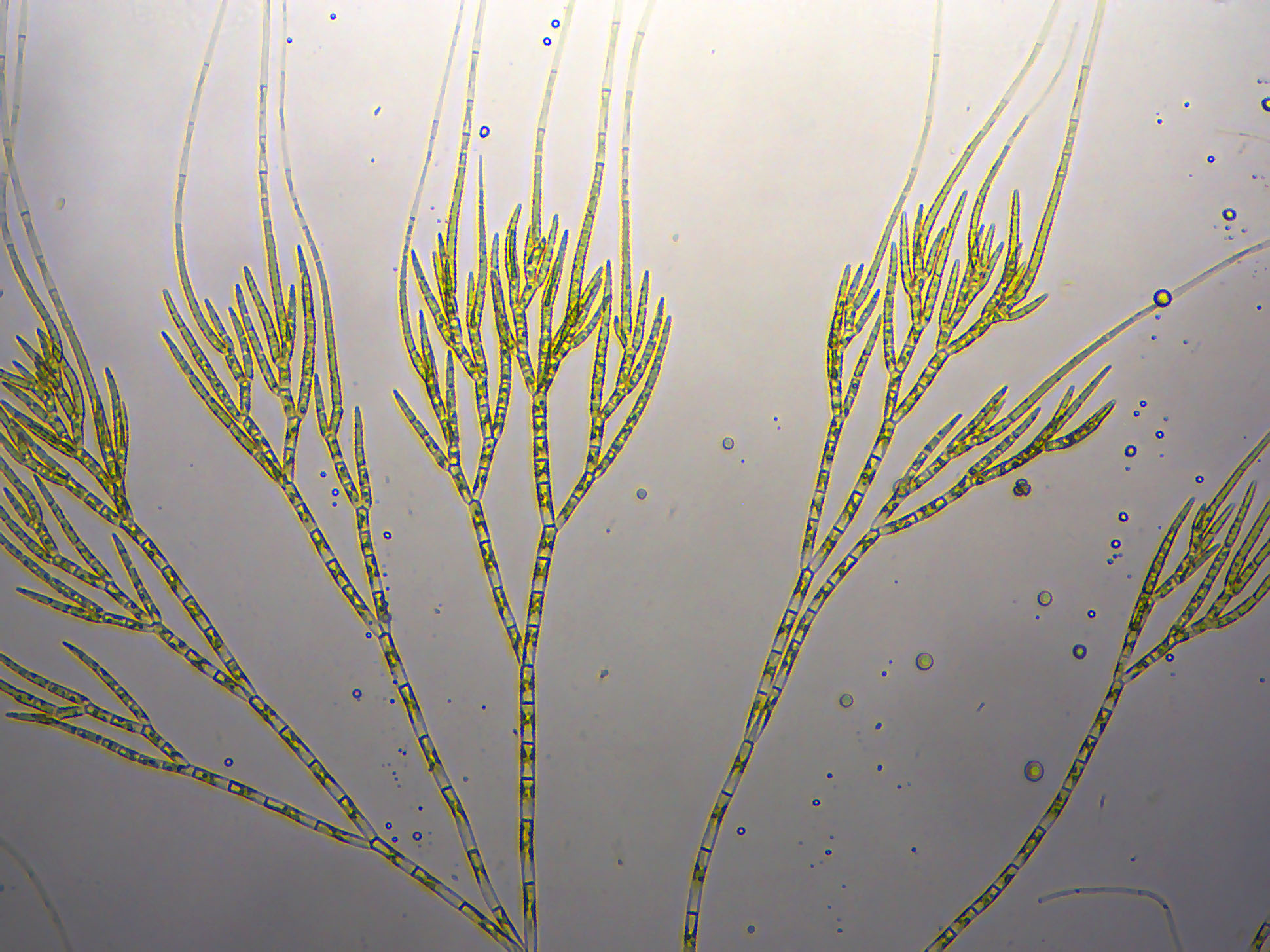
- Soil biotechnology
- Geochemical activity of microorganisms
- Zoomicrobial interactions in soil and associated habitats
- Isotope methods in soil microbiology
- Microbial transformation of nitrogen
Selected MSc courses for ecologists (in Russian):
- Geoecology of microorganisms
- Metabolic activity of soil ecosystems
- The role of microorganisms in global biospheric processes
- Modern methods of ecosystem monitoring
- Environmental biotechnology
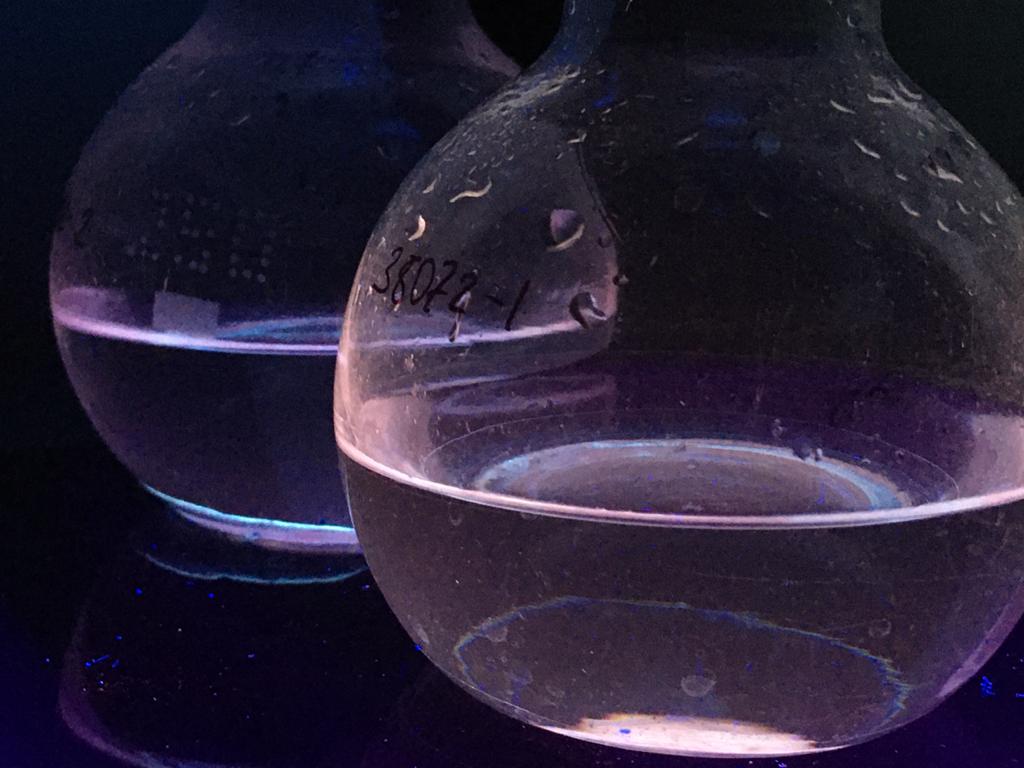
Research topics funded by grants:
-
Molecular analysis of nitrogen cycle microorganisms in oil-contaminated soils and application its potential for bioremediation (2019-2021)
-
Endophytic yeasts of agricultural plants, the distribution and role in plant protection (2019-2022)
-
Adaptation and Implementation of the Modern Molecular Biology Technologies in the Agriculture and Wastewater Treatment of ASEAN Countries and Russia (2020-2022)
-
New microbial nitrogen fixation loci associated with soil invertebrates (2016-2018)
-
Scientific basis of the national biobank - depository of the living systems (2015-2018)
-
Anaerobic oxidation of ammonium as a source of nitrogen-containing greenhouse gases in soils (2014-2016)
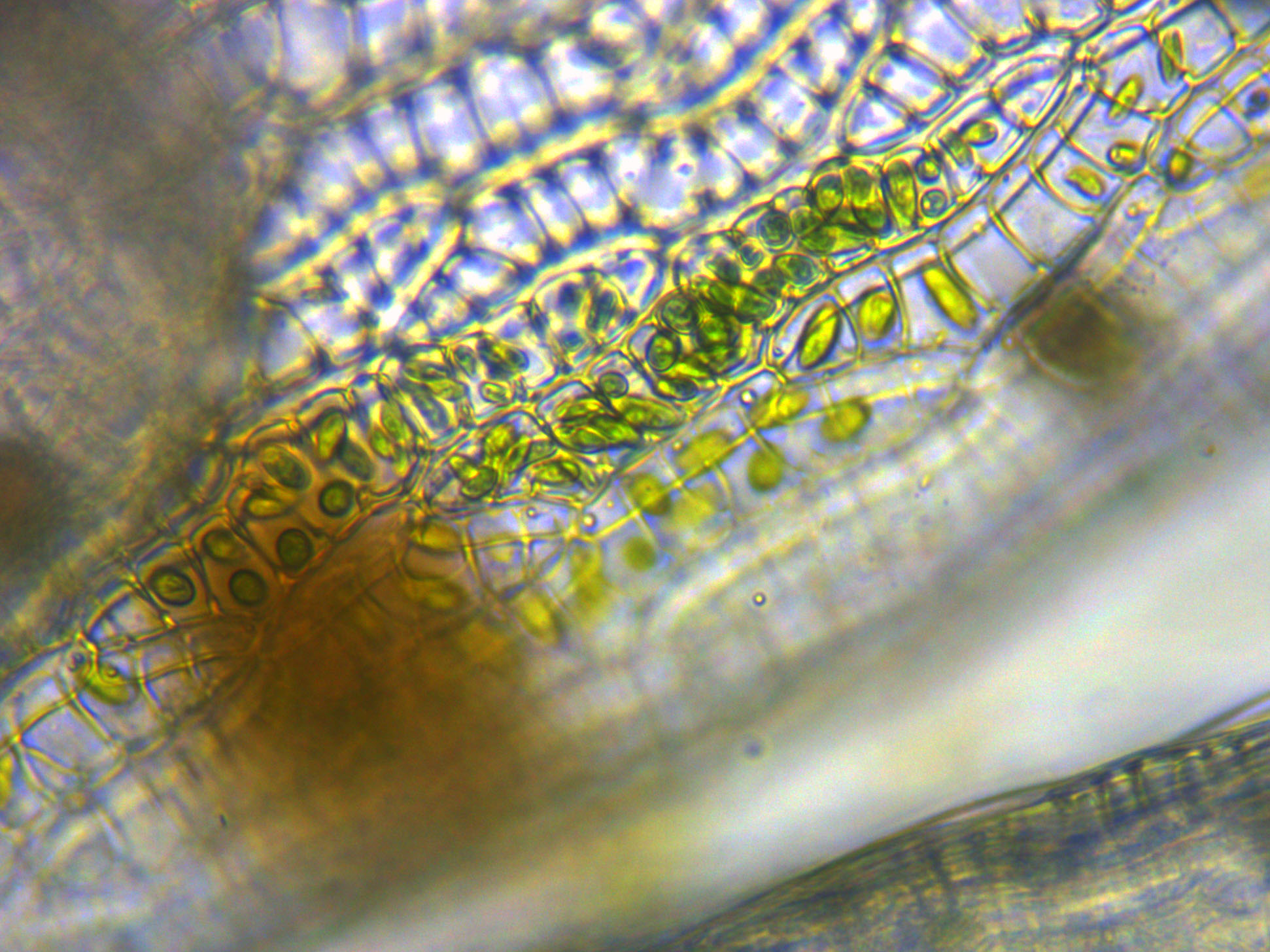
History and Traditions
The department of soil biology has been created in 1953. The first chief of the department was an outstanding microbiologist, corresponding member of AS N.A.Krasilnikov. In 1973-2009 professor D.G.Zvyagintsev headed the department. The chief of the department in 2009-2015 was I.Yu.Chernov, corresponding member of AS and prominent microbial ecologist. The department is now managed by a professor A.L.Stepanov, who contributed to the study of the role of soil microorganisms in the atmospheric balance of greenhouse gases.
Contacts and main research areas:
-
Prof. A.L. Stepanov - Адрес электронной почты защищен от спам-ботов. Для просмотра адреса в вашем браузере должен быть включен Javascript. - microbial contribution to nitrogen and carbon cycles, greenhouse gases.
-
Prof. P.A. Kozhevin - Адрес электронной почты защищен от спам-ботов. Для просмотра адреса в вашем браузере должен быть включен Javascript. - dynamics of microbial populations, biological environmental control.
-
Prof. L.V. Lysak - Адрес электронной почты защищен от спам-ботов. Для просмотра адреса в вашем браузере должен быть включен Javascript. - soil bacteriology.
-
Prof. N.A. Manucharova - Адрес электронной почты защищен от спам-ботов. Для просмотра адреса в вашем браузере должен быть включен Javascript. - molecular biological methods in soil science and ecology, bioremediation.
-
Dr. N.V. Kostina - Адрес электронной почты защищен от спам-ботов. Для просмотра адреса в вашем браузере должен быть включен Javascript. - microbial transformation of nitrogen, geochemical activity of microorganisms.
-
Dr. E.A. Vorobieva - Адрес электронной почты защищен от спам-ботов. Для просмотра адреса в вашем браузере должен быть включен Javascript. - microorganisms of extreme habitats, astrobiological issues.
-
Dr. A.E. Ivanova - Адрес электронной почты защищен от спам-ботов. Для просмотра адреса в вашем браузере должен быть включен Javascript. - soil mycology.
-
Dr. A.V. Kachalkin - Адрес электронной почты защищен от спам-ботов. Для просмотра адреса в вашем браузере должен быть включен Javascript. - investigation of soil yeasts.
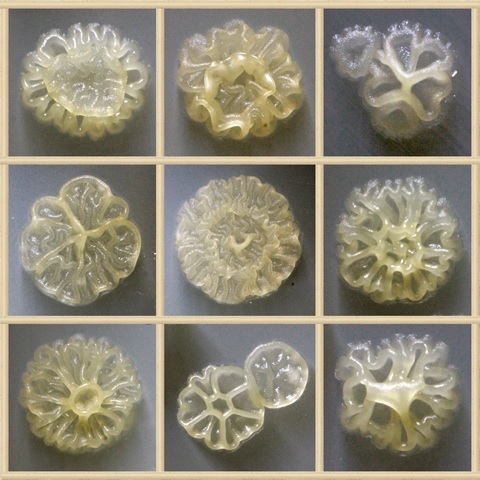
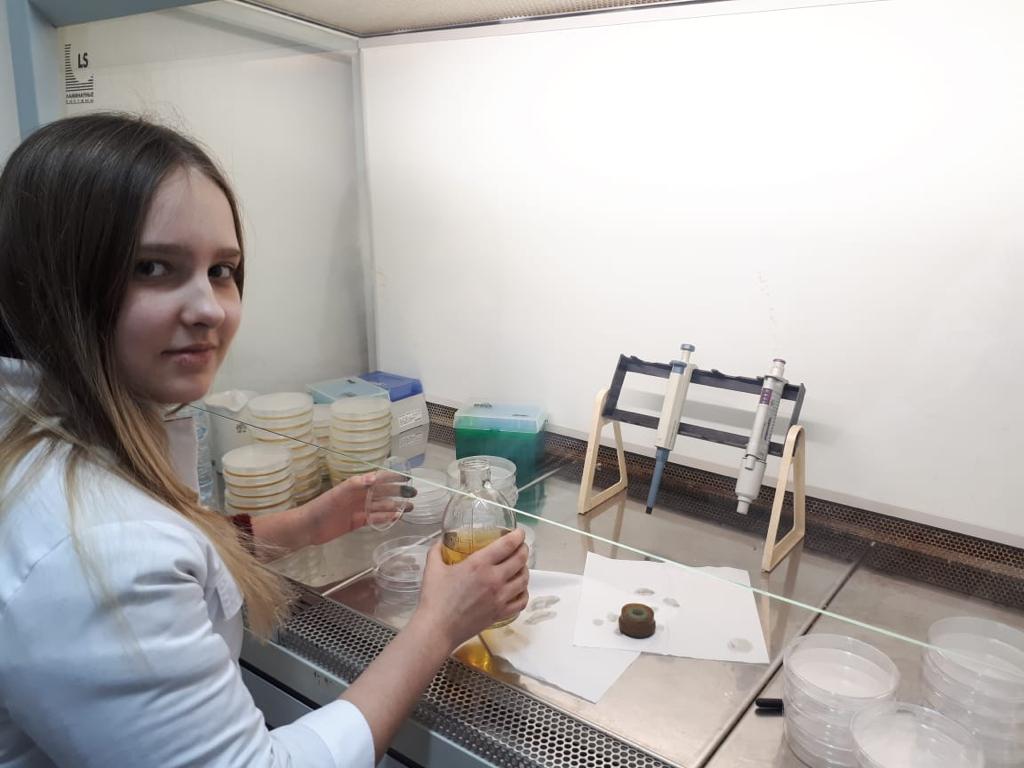
 - Soil biotechnology
- Soil biotechnology MISSION: study and management of microbial communities to ensure the favorable functioning of soils, ecosystems and biosphere.
MISSION: study and management of microbial communities to ensure the favorable functioning of soils, ecosystems and biosphere.





